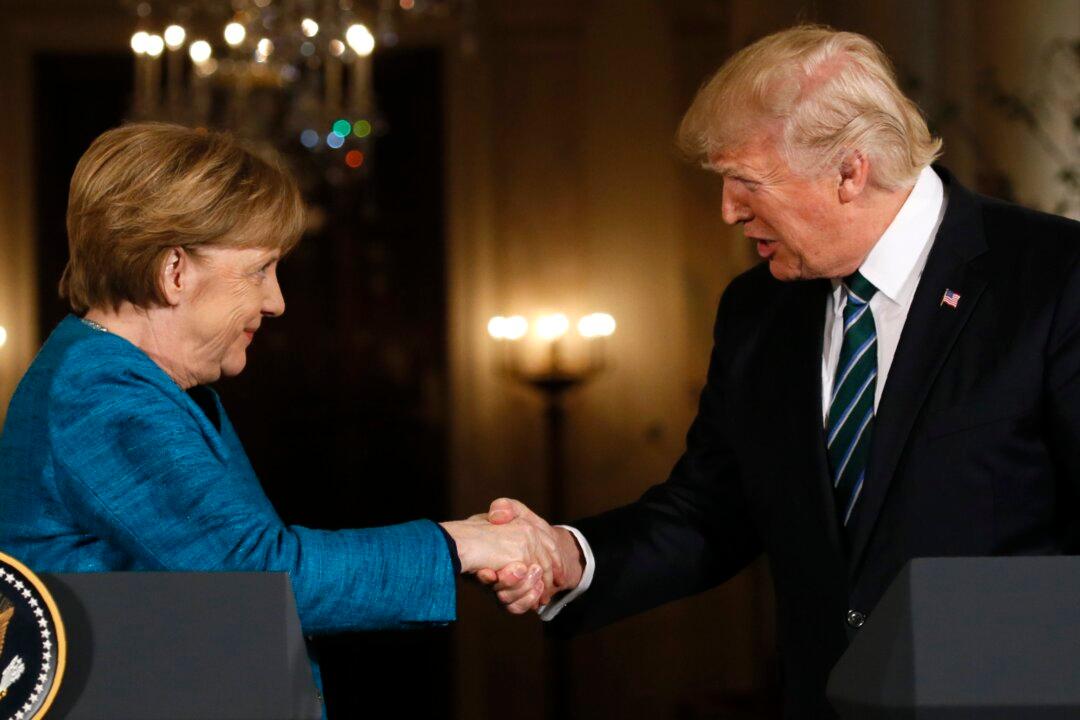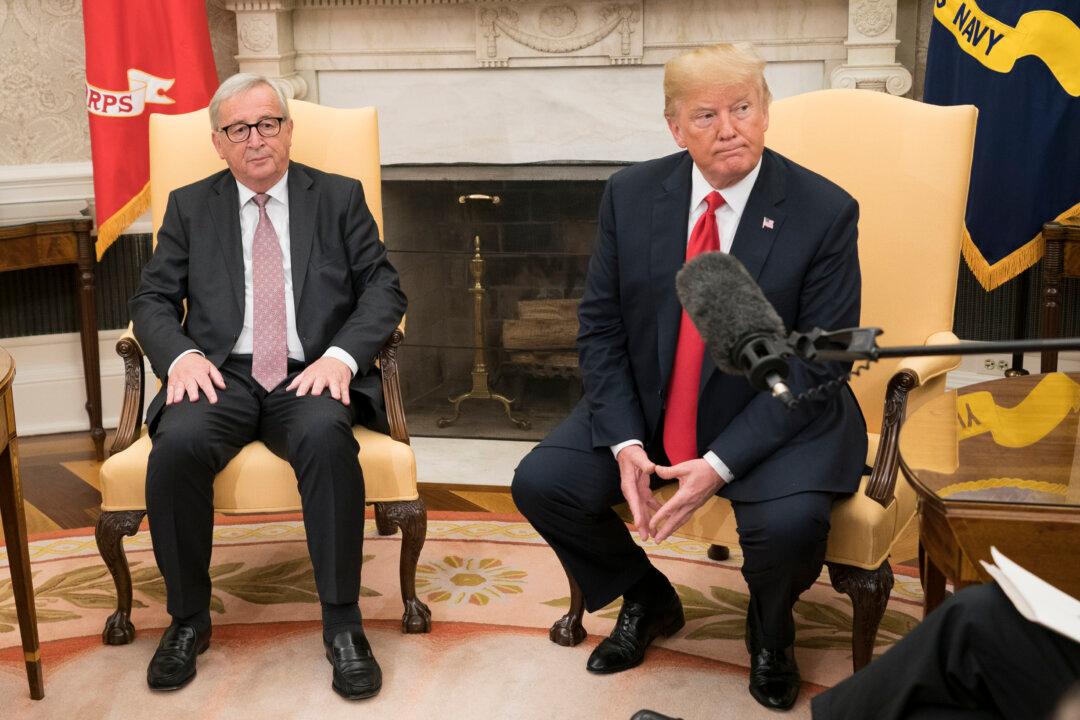While the Soviet threat remained during the Cold War, Europe—and especially Germany—was highly appreciative of the United States. However, the relationship began to deteriorate in the late 1960s, enhanced by Soviet disinformation and supported by protest movements of the so-called “1968 Generation” and the Vietnam War.
Since then, Europe’s relations with the United States have become increasingly schizophrenic: Europe still needs American protection, while at the same time intensifying its relationships with Russia and China. This, however, is insufficient to balance Europe’s position as a North Atlantic and Eurasian region, due to a lack of military power.





